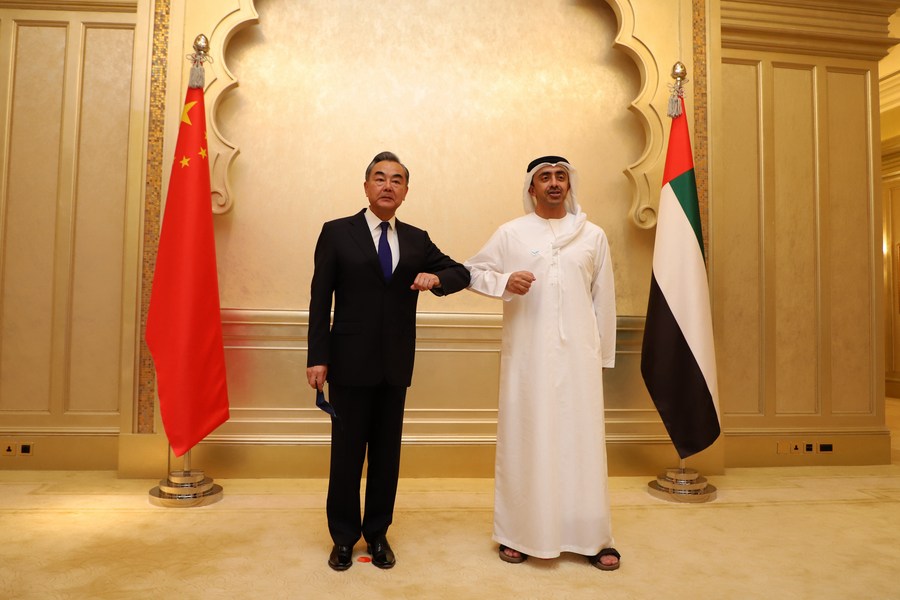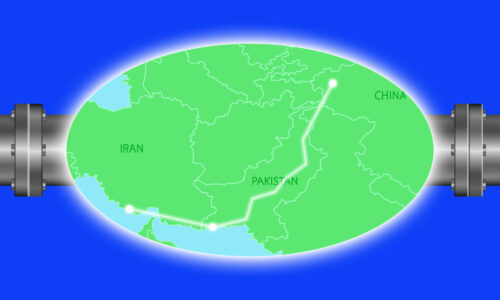Middle Eastern countries look to China for infrastructure funding, new technology
Countries in the Middle East, especially Iraq, are a new focus of investment under China’s Belt and Road Initiative, a report out of Fudan University said today.

China is expanding its presence in the Middle East by building out critical infrastructure in the region and securing deals on technology and security. Though China still lags far behind U.S. involvement, Middle Eastern states are increasingly looking to China to fund much-needed projects as the U.S. retreats from the region.
The Green Finance & Development Center at Fudan University published a report today with an update on China’s Belt and Road Initiative (BRI). According to the report, China has scaled down its spending compared to pre-pandemic levels, but has recently been pouring money into Middle East:
- African and Middle Eastern countries have seen a particularly large increase in Chinese BRI engagement, up from 8% of all BRI investment in 2020 to about 38% in 2021.
- Arab and Middle Eastern countries saw Chinese investments increase by about 360% and construction engagement increase by 116% compared with 2020.
- Iraq is the biggest benefactor, receiving about $10.5 billion in construction contracts. Iraq also received the most energy investments in 2021, with deep ties to oil, gas, and solar power.
Iraq, in particular, is of keen interest to China. Chinese firms dominate Iraq’s key economic sector, oil, and Beijing consumes 40% of Iraq’s crude exports, making Iraq the third-biggest exporter of oil to China. Iraq, on the other hand, seeks Chinese investment to fund upgrades to infrastructure such as power plants, factories, and water treatment facilities. China is also expanding Chinese-language programs in Iraq, in a bid to invest in local workers and strengthen China’s growing interests in the region.
Beyond energy and traditional infrastructure: As part of China’s Digital Silk Road (DSR) initiative, tech giants have also gained significant ground in the Middle East.
- Huawei is working with Saudi Arabia to develop digital infrastructure for religious pilgrimages. The firm has also partnered with Dubai officials to help update its airport and with DEWA to build out fiber optics and video surveillance.
- SenseTime, the Chinese AI giant that was blacklisted by the U.S. in December, has opened a regional headquarters in Abu Dhabi.
- Alibaba has inked deals to store cloud data in Oman, has a huge ecommerce footprint in Saudi Arabia, and has increased its majority stake to 85.6% in the popular Turkish ecommerce platform Trendyol.
See also:
- Does the flurry of Chinese Mideast diplomacy point to a shift in policy and a tilt-away from Africa? / China-Africa Project (paywall)
- More Chinese food aid bound for distressed Afghanistan / SCMP (paywall)






